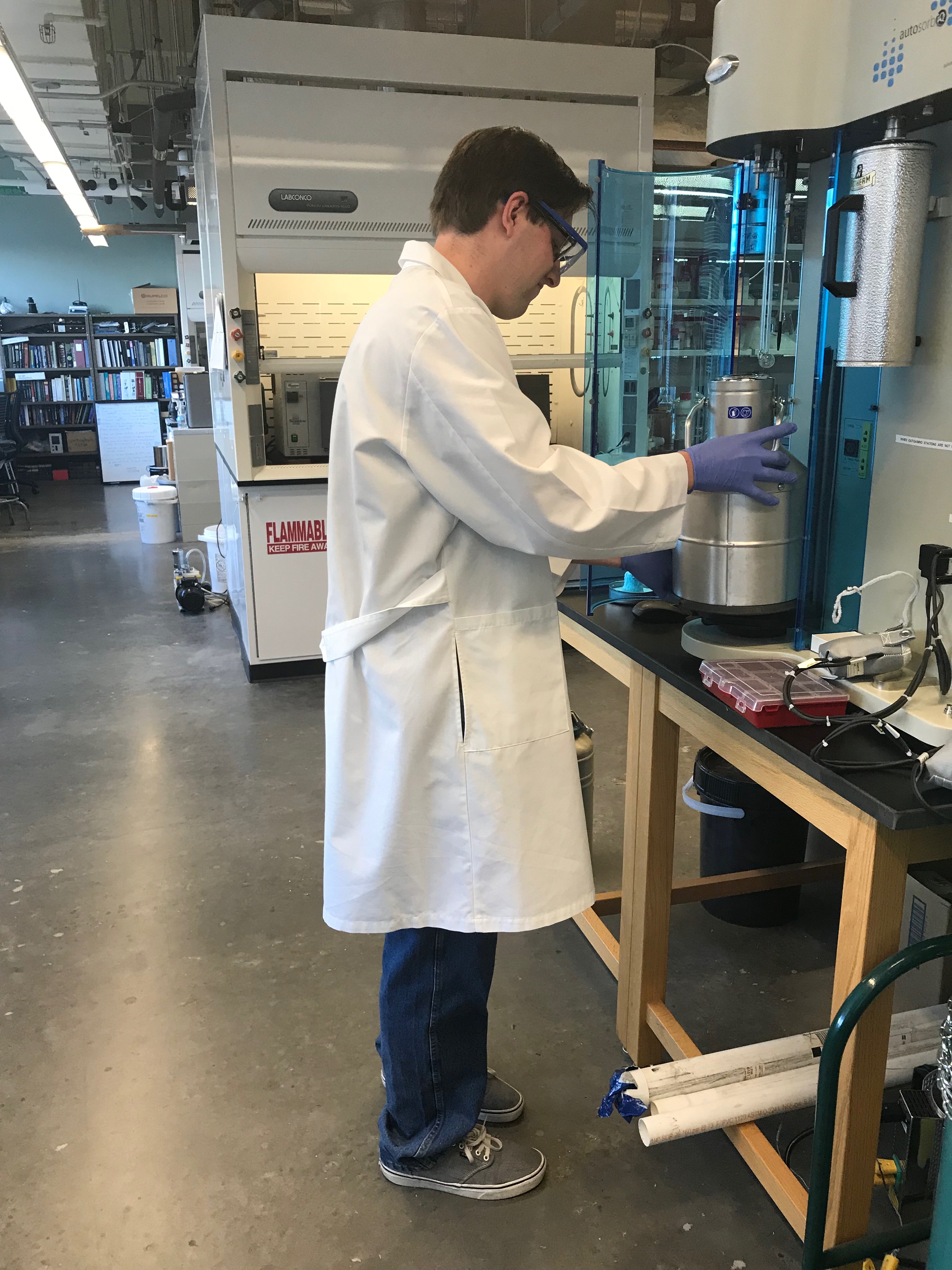ENVIRONMENTAL AND ECONOMIC IMPACTS OF ENERGY PRODUCTION FROM MUNICIPAL SOLID WASTE
PI: Prof. J. N. Kuhn (jnkuhn@usf.edu; 813 974 6498) &
co-PI: Prof. B. Joseph (bjoseph@usf.edu)
University of South Florida, 4202 E. Fowler Ave ENG030, Tampa FL 33620Student Researchers: Yetunde "Tosin" Sokefun (PhD), Ahmad Naqi (MS), Daniela Cerna Chinchilla (BS), Matthew Kastelic (BS), and Paul Stachurski (BS)
Sponsor: William W. Hinkley Center for Solid and Hazardous Waste Management at the University of Florida
Research Description: Municipalities today are faced with a variety of options on dealing with solid waste. Tools and guidance are needed to make sound decisions, regards to both environmental and economic factors, that takes into account various site specific constraints such as land and water availability, energy costs and needs, and government policies and tax incentives. The goal of this project is to quantify the benefits of various traditional and proposed Waste-to-Energy (WTE) technologies versus landfilling. The results will aid in identification of an optimal process for maximizing profitability while minimizing environmental impact given various scenarios and constraints. The proposed effort leverages previous and current efforts on the demonstration of syngas production from landfill gas and design and application of selective FTS catalysts (production of diesel and jet fuel) funded by the Hinkley Center, the Florida Energy Systems Consortium (FESC), and the Department of Energy (DOE).
Scope of work: The five WTE technologies selected for this comparison are gasification or anaerobic digestion to produce electricity, incineration to produce heat and power, or gasification to produce compressed natural gas or liquid hydrocarbon fuels (i.e., diesel). These five technologies will be compared to landfilling and single-stream recycling to reach a total of 7 scenarios. These processes will be evaluated at the system level, such as done by the PIs for various WTE and biomass conversion schemes already, to quantify the key parameters needed for making a sound decision taking into consideration economics and environmental impact. These parameters include CAP-EX, OP-EX, energy input requirements, GHG emissions, water input requirements, co-product generation and use/market (if any), solid waste production (if any), and profitability. The process simulations will include a sensitivity analysis, which will include a variable production scale, process lifetime, degrees of tax credits, etc. on the eight parameters identified to compare the conversion technologies.
Pictures:
Daniela Cerna wins a poster award for this work at a recent AICHE meeting.
Technical Awareness Group (TAG):
Our first TAG meeting was held on 3/6/18. Gotomeeting or Room views.
Our second TAG meeting was held on 10/5/18. LINK
John Schert
Director
Hinkley Center
Wester W. Henderson
Research Coordinator III
Hinkley Center
Devin Walker
Process Engineer
BASF
Matt Yung
Researcher
Nat. Renewable Energy Lab
Tim Roberge
Vice President of Corporate Development
T2C-Energy
Richard K Meyers
SWRS Program Manager
Broward County Solid Waste and Recycling Services
Lee Casey
Chief of Environ. Compliance (Retired)
Miami Dade County Dept of Solid Waste
Canan “Janan” Balaban
Asst. Director
Florida Energy Systems Consortium
Ron Beladi
Vice-president
Neel-Schaffer, Inc.
Rebecca Rodriguez
Engineer Manager II
Lee County Solid Waste Division
Linda Monroy
Project Manager Associate
Lee County Solid Waste Division
Sam Levin
President
S2LI
Charles “Peb” Hendrix
Chief Operating Officer
LocatorX
Tony Elwell
Staff Engineer I
HSW Engineering, Inc
Nada Elsayed
Scientist, PD
Catalent Pharma Solutions Inc
Yolanda Daza
Process TD Engineer
Intel Corporation
James Flynt
Chief Engineer
Orange County Utilities Department
Gita Iranipour
Engineer Associate
Hillsborough County Public Utilities Department
Luke Mulford
Water Quality Manager
Hillsborough County Public Utilities Department
Ray Oates
Solid Waste Compliance Manager
Citrus County Division of Solid Waste Management
We thank the members of our TAG for their service and input.
Progress Reports:
First Quarter - LINK
Second Quarter- LINK
Third Quarter - LINK
FINAL REPORT - LINK
Project supported in funding by William W. Hinkley Center for Solid and Hazardous Waste Management at the University of Florida








